The Original Shoe Empire
The Dassler Brothers might not possess the same level of infamy as many other famous sibling duos, but without them, Nike might not be the top-selling sportswear brand in the world today. Adolf (Adi) and Rudolf (Rudi) Dassler’s squabble instigated the end of the Gerbruder Dassler Shoe Company, and led to the creation of Adidas and Puma – the second and third top-selling sporting goods companies.
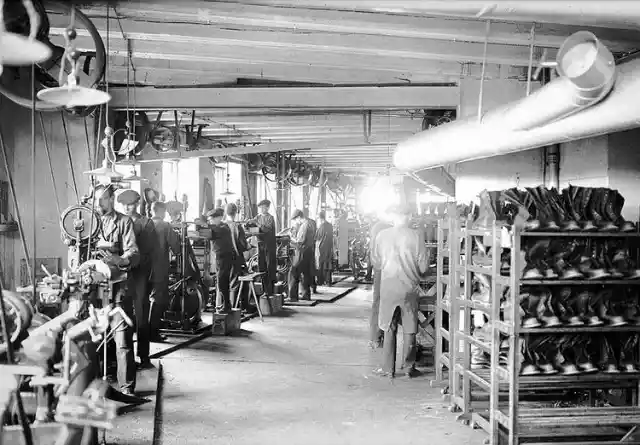
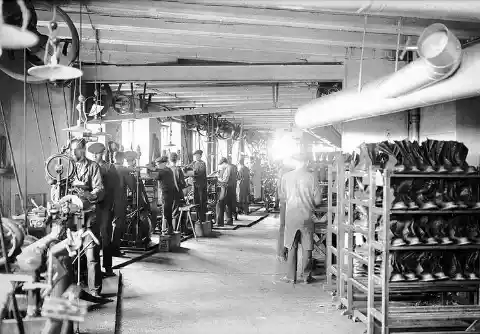
Shortly after returning home from World War I in 1920, the German brothers began making and selling shoes out of their mother’s laundry room in the Bavarian village of Herzogenaurach, The older brother Rudi was the salesman, and Adi was the brains behind the business.
Their company saw significant success after the athlete Jesse Owens won four gold medals at the 1936 Berlin Olympics while wearing their shoes. And as the brothers’ popularity soared, so did the tension between them. The drama is rumored to have begun a couple years earlier in 1933, when Adi’s 16-year-old wife, who knew nothing about shoes, tried to interfere in their business.
While it didn’t help that both of their families lived in the same home, they reached their breaking point when Adi said, “The dirty bastards are back again,” in reference to the Royal Air Force flying overhead. Instead, Rudi was certain that it was in reference to his family.
In 1943, Rudi was called to serve in the Nazi military, and he was convinced that it was his brother who had him sent away from their factory. In 1945, Rudi deserted his post in attempt to get Adi back, but was later arrested for his desertion. He blamed his brother, who many people believe snitched on him.
The Big Split
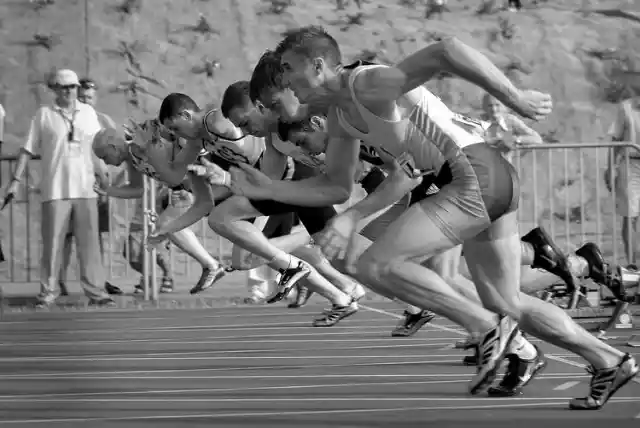
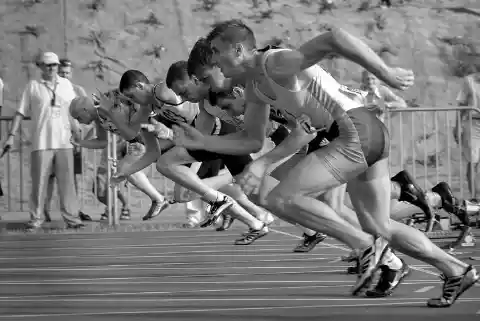
By 1948, the brothers had several more arguments, which led to the company being split in two. As a result of the bad blood between Adi and Rudi, the division led to them starting competing companies on opposite sides of the Aurach River. Adi named his company “Adidas,” a combination of his first and last names. Rudi called his “Ruda,” which he later changed to “Puma.”
The bitter rivalry spilled over into the town, as most of its citizens worked for one of the brothers. It meant that if you worked at one place, you didn’t fraternize with the employees of the other. The pettiness reached to the point where it was forbidden to marry “across enemy lines,” or shop in the stores on the opposing side of the river.
As time passed, both companies saw success, but Adi’s creativity and ability to make good calls pushed his company further than his brother’s. While they were busy trying to one-up the other, another shoe company, Nike, had been making big waves in the industry.
Where Things Stand Today
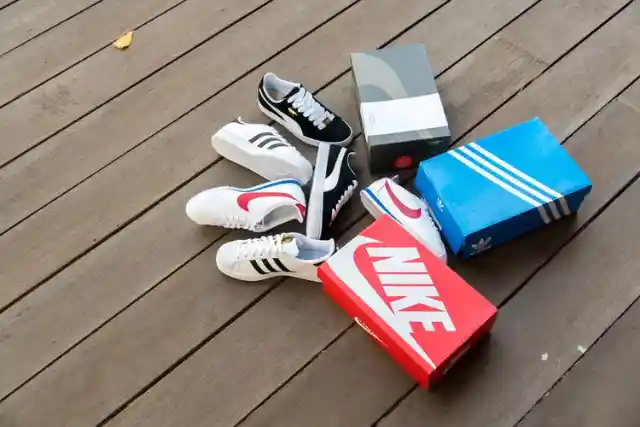

Today, Nike has been the dominant force in the sporting goods business, with its most recent annual sales eclipsing $21 billion. Adidas comes in second at $10.36 billion (less than half of front-runner Nike), and Puma comes in third at $2.4 billion.
Sources revealed that the brothers spoke several times later in life, but it wasn’t clear if they ever reconciled. Both men died in the 1970s, but their nasty family feud persisted. It wasn’t until 2009 during a friendly soccer match that employees finally laid the Adi/Rudi (Adidas/Puma) dispute to rest.